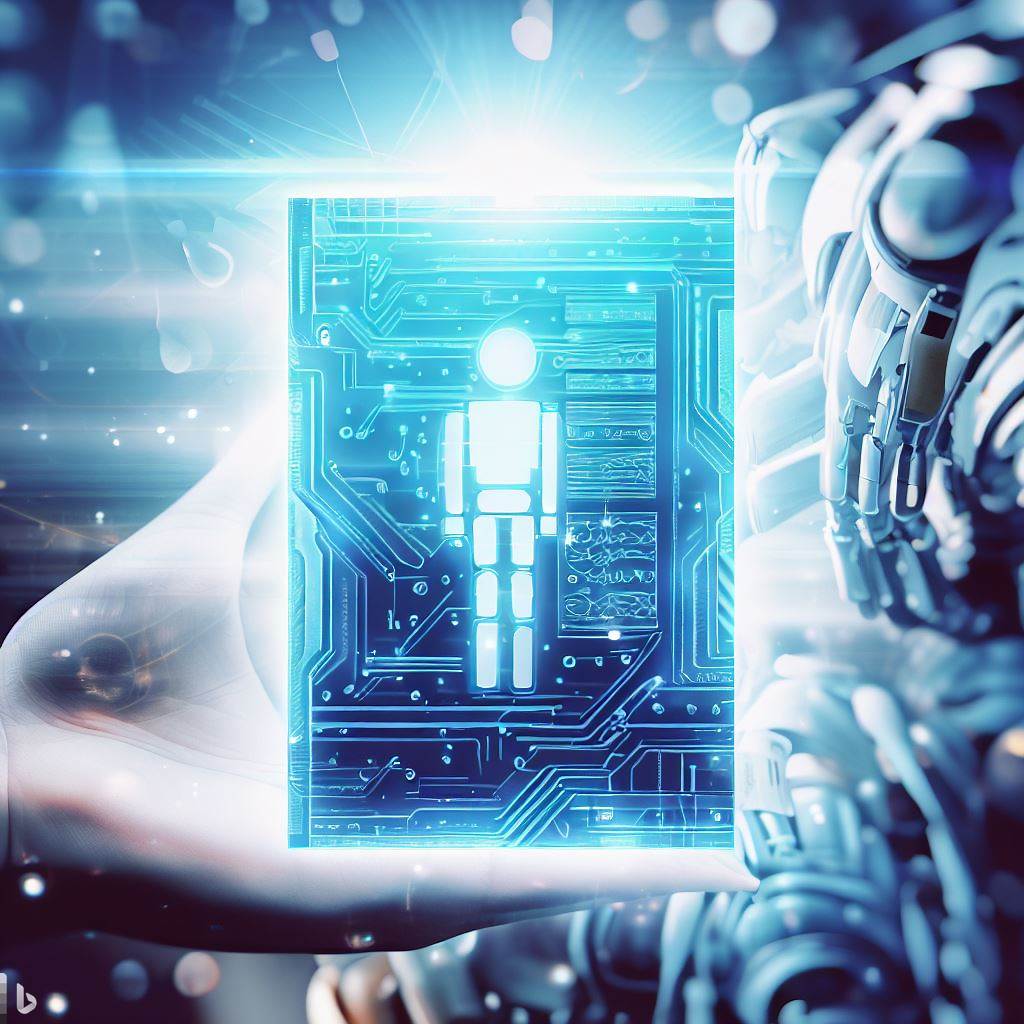
The future of Artificial Intelligence (AI) is one of the most debated topics in the technology world. Based on current trends, research, and expert projections, here’s a glimpse into the anticipated evolution of AI:
1. General AI:
- Today’s AI systems are predominantly “narrow AI,” designed for specific tasks. The pursuit of General AI, or systems that can perform any intellectual task that humans can, remains the ultimate (and challenging) goal.
2. Enhanced Personalization:
- AI will enable hyper-personalized user experiences, tailoring content, products, or services based on individual preferences and behavior.
3. Healthcare Revolution:
- From predictive diagnostics to personalized treatments and robot-assisted surgeries, AI will play a central role in healthcare, potentially increasing longevity and improving quality of life.
4. Improved Natural Language Processing (NLP):
- Conversational AI and translation services will become more fluid and indistinguishable from human interaction.
5. Ethical AI:
- As AI systems make more decisions, ethical concerns about fairness, transparency, and bias will intensify, leading to the establishment of AI ethics guidelines and regulations.
6. Enhanced Data Privacy:
- AI will help in monitoring and protecting data, but there’ll also be a need for AI that can operate with minimal data to safeguard privacy.
7. Augmented Reality (AR) and Virtual Reality (VR) Integration:
- AI will enhance AR and VR experiences, making them more immersive and interactive.
8. Autonomous Vehicles:
- Continued advancements in AI algorithms will push autonomous vehicles closer to mainstream adoption.
9. AI in Education:
- Personalized learning, automated content creation, and administrative task automation are just a few ways AI will reshape education.
10. Job Landscape Shift:
- While AI will automate certain tasks and jobs, it will also create new roles and industries. The focus will be on reskilling and upskilling the workforce.
11. AI-Powered Creativity:
- Tools that assist in content creation, be it art, music, or literature, will become more prevalent, challenging our notions of creativity.
12. Brain-Computer Interfaces:
- Direct communication between the brain and computers, powered by AI, may become a reality, allowing for unprecedented interaction and even potential augmentation of human abilities.
13. Quantum AI:
- As quantum computing matures, its integration with AI could result in computational power leaps, making previously impossible tasks achievable.
14. Democratization of AI:
- Tools and platforms will become more accessible, allowing even those without a deep technical background to utilize and benefit from AI.
15. Cross-disciplinary Integration:
- AI won’t just be a standalone discipline but will integrate with fields like biology, physics, and economics to spawn new areas of research and applications.
The trajectory of AI’s development holds promise, but it also comes with significant responsibilities. Balancing the immense potential of AI with ethical, societal, and technological challenges will be paramount in shaping a future where AI benefits all of humanity.
